They didn't ask me what I thought.
I was invited to one of these, in '08, and I enjoyed myself. (It was something of a fluke, that invitation.) I was comedy relief. I had an entourage of stormtroopers, Darth Vader, and Princess Leia backing me up, since Death Star, my collaboration with Reaves, had come out the previous October. I gave a speech, taught a class, didn't hear any complaints. Got a freebie water bottle and bag of goodies, and went merrily upon my way.
It would seem apparent that I didn't impress the powers-that-were, since I haven't heard from them since ...
No, no, you can hang onto your hanky, I'm not going to break into sobs, nor wail and gnash, but I feel moved make an observation or two. And, yes, okay, bit of a rant.
There are, I think a couple things at play here. If you plan to write genre fiction, you might want to know about 'em up front.
First: Real writers and people who read real literature will look upon you as a red-headed stepchild. Consider your role as that of Cinderella, but without a handsome Prince in your future.
I could go off on a blather about what "real" means in the context, but suffice it to say that if the form of literature you chose isn't regularly reviewed in the New York Times Book Review, then they don't consider you a real writer. Now and again, they deign to offer a sidebar with mystery writers; even fantasy and science fiction gets a barely-polite nod, unless it's so overwhelming they simply can't ignore it, ala Harry Potter. That one took over the tops of so many lists the NY Times had to create a special category just to get rid of it.
You could hear their thoughts: What is the matter with people?! Why are they buying these books? About–about wizards and magic and shit!
When people are standing in lines a'midnight outside bookstores, even The New York Times must take note ...
If you write westerns or romance novels? Good luck with seeing those lauded. Or even slammed. You aren't important enough to bother with.
There is mainstream literature. Then there is "everything else ..."
Mostly, those of us who play in these fields are relegated to the kiddie-lit, empty-calories realm. Doesn't matter how many books we sell, because who cares how much junk food you rot your mind with ... ?
Plot? Action? Are you mad? Why clutter up a book with those–those trite things ... ?
Yeah, yeah, I know, I write pulp fiction. The reason a hack gets the job is because he knows how to drive the cab. I have made money at it, entertained a few fans, and life's been good to me so far. Living well is the best revenge. I'm not looking to win any awards, nor be considered in the same breath with Dickens or John Irving. I know better.
Most of the time, the literary elitism doesn't bother me. Most of the time.
Part of it seems to be that biblical quote: "A prophet is not without honor, save in his own country, and in his own house." I get invited to speak over there or autograph down the road, but how interesting it is that the local writing group where I won a lifetime achievement award doesn't ask me to come teach a class at their yearly endeavor; or the local book festival doesn't have me on its list.
Sure, there's some ego ruffling. I do this for a living. I have had published scores of books, short stories, articles, scores of animated TV scripts, even a couple of spec movie screenplays and I live right here! Hello? Yoo hoo!
I'm not the only guy. There are all kinds of book writers locally whose names you won't see on the Wordstock presenters list. Go to Orycon if you want to see who they are. Or the romance writers convention. Working professionals with multiple novels to their credit, some of them well-regarded in their own ghettos ...
One of life's little tweaks, and on balance, a So what? If you are going down the author road, however, you should know that's it's part of the trip. (And maybe I should take heart in what Groucho said: I wouldn't want to be in any club that would have me as member ...)
They have a big blind spot, and they are missing stuff.
Thank you for flying Steve's Rants Airlines. We hope you had a pleasant trip, and that you enjoy yourself at your final destination ...


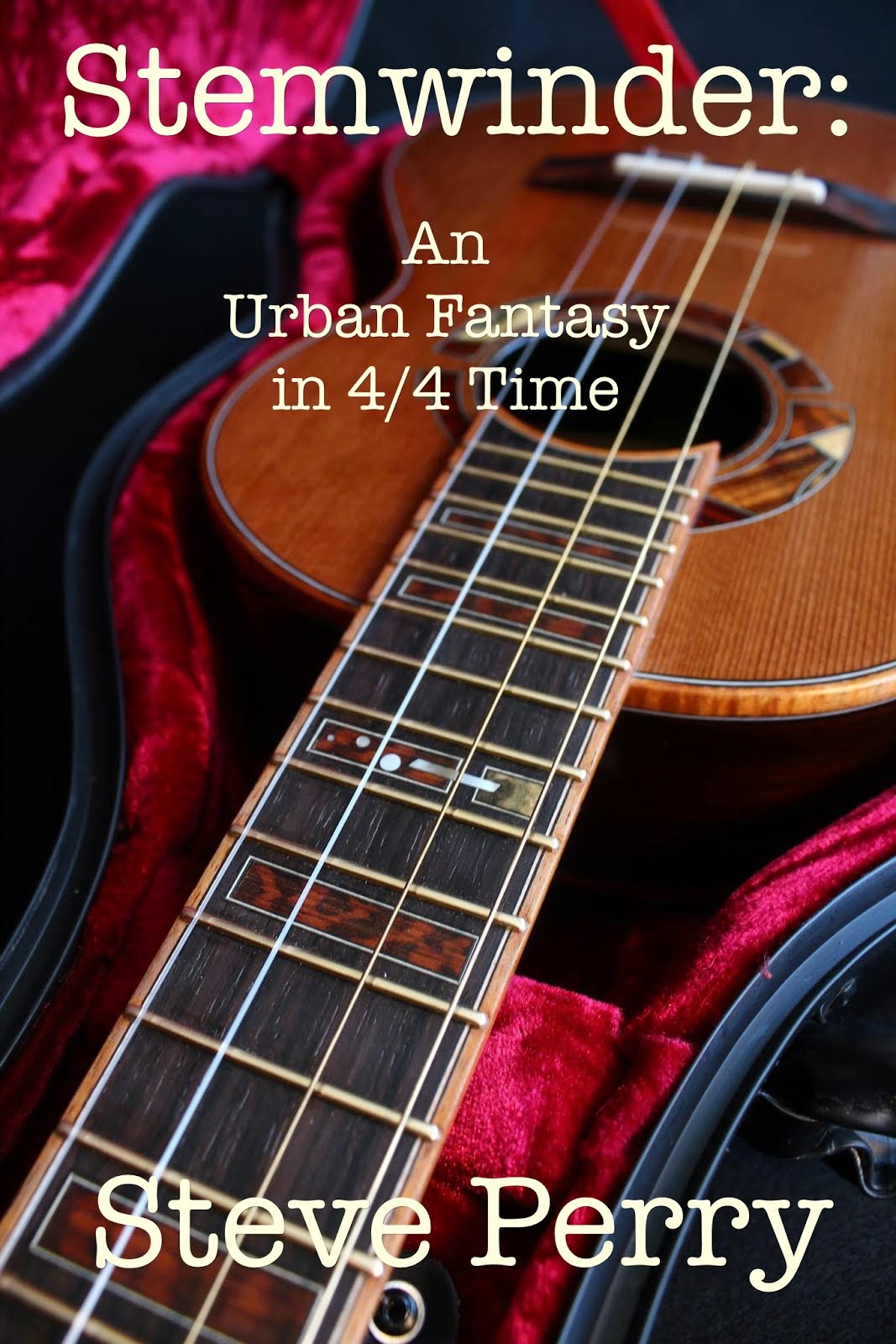


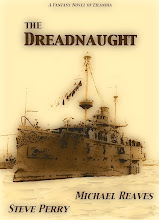
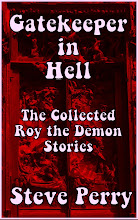


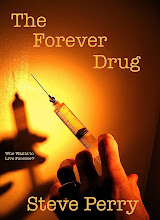



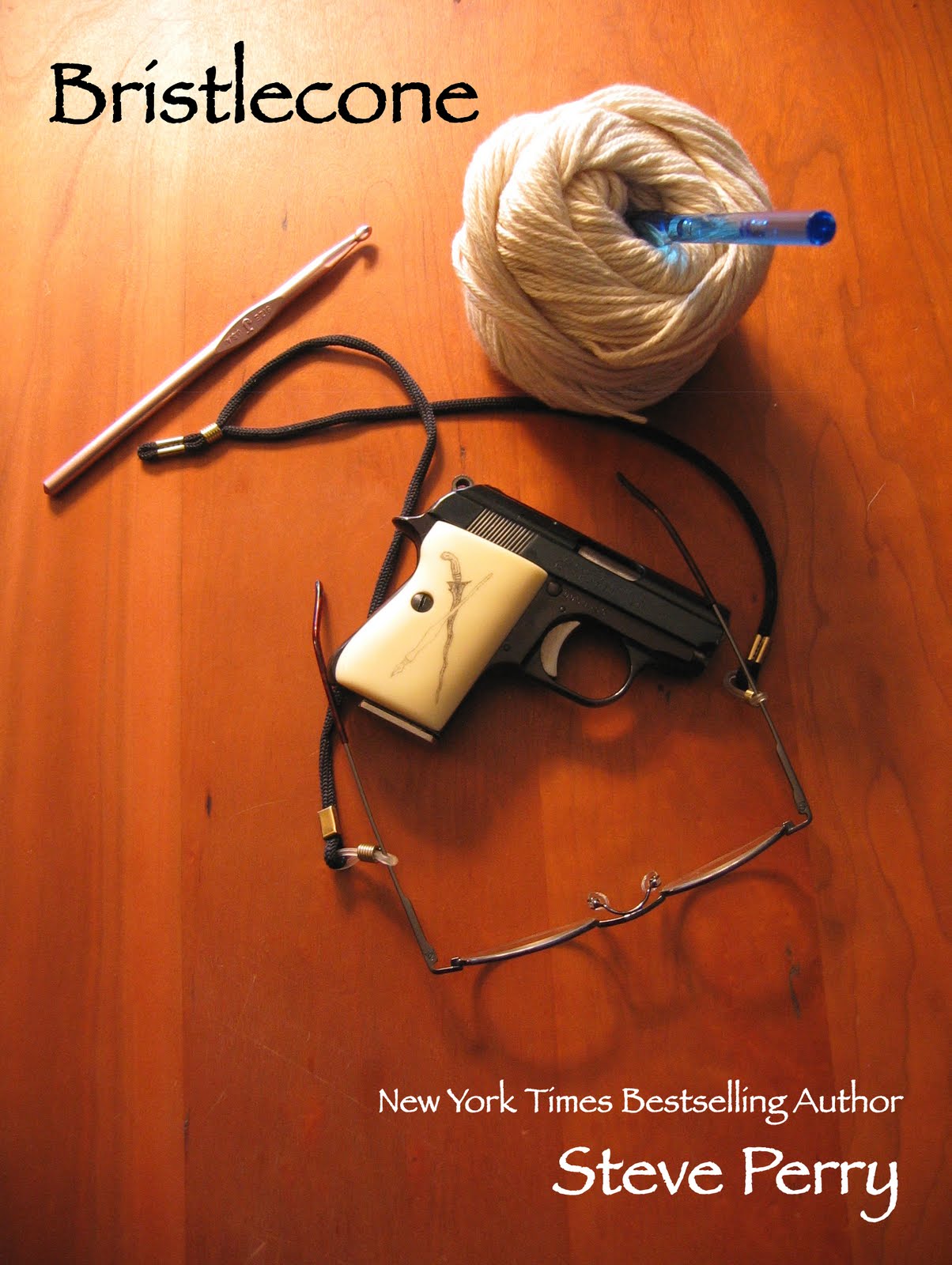


6 comments:
"The Man They Never Missed" - well, until now and some other times....They just can't write invitations and other "stuff" well.
A most justifiable rant, fer shore. They don't deserve ya. You forgot hitting the NYT bestseller list...
I guess in their minds if it's entertaining it can't be serious.
Sad, just sad.
Hi Steve, I'm interested in going to Orycon this year and haven't been before. If you have a chance would you write about Orycon and what you recommed doing there. Thanks Anthony
Probably best bet would be to take a run past Orycon's website and se where and when and what they have scheduled:
http://www.orycon.org/orycon33/index.php?option=com_content&view=article&id=19&Itemid=2
There are writers, artists, musicians, editors, scientists, fans, doing panels, art shows, masquerades, autographings, readings, over a long weekend. Go down the list, see, who is coming you'd like to see, drop by their events.
Very true words. I'm planning on writing genre fiction myself, so that's probably something I'll come across at some point in time. I've never planned to write "great literature," just stuff that's fun and entertaining to read. Not looking to write the next A Separate Peace, or 1984, or Animal Farm (though I did enjoy Animal Farm a lot; the others not so much). Perhaps that's the goal of all story writers?
Post a Comment